Applied MSc in Data Analytics at DSTI provides a strong foundation in data analytics principles. Gain practical industry experience through hands-on projects. Learn with industry-standard tools and technologies. Students gain valuable professional experience through internships or apprenticeships, enhancing their professional journey.
Applied MSc in Data Analytics at DSTI provides a strong foundation in data analytics principles. Gain practical industry experience through hands-on projects. Learn with industry-standard tools and technologies. Students gain valuable professional experience through internships or apprenticeships, enhancing their professional journey.
As a front-runner in data and AI in France, DSTI offers an Applied Bachelor programme at RNCP 6. Our Applied MSc programmes hold RNCP 7 accreditation. Further, DSTI is recognised under the 3IA Cote d’Azur Label for extensive AI content and proudly possesses Qualiopi RNQ certification, affirming quality of our processes.
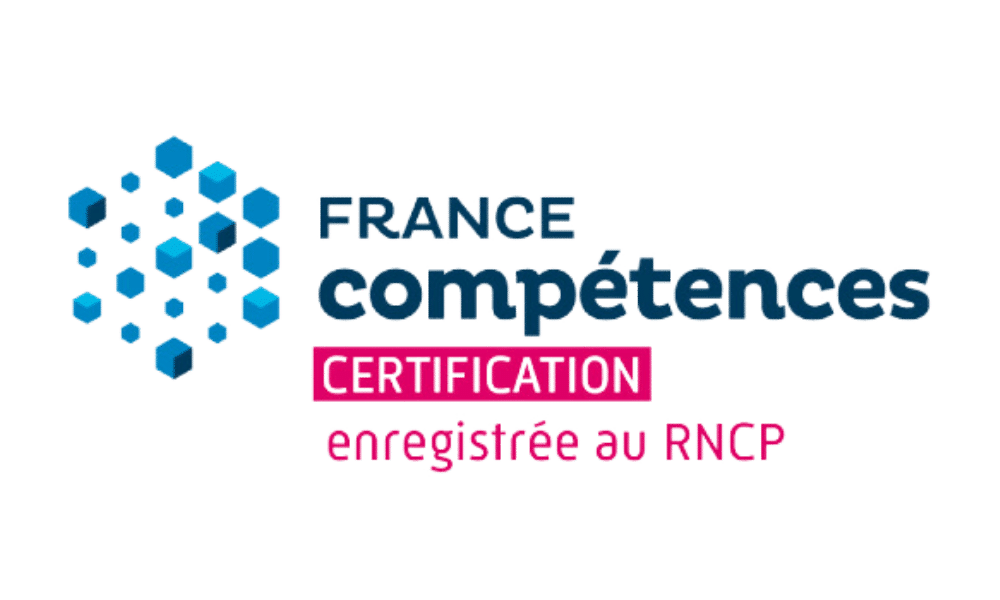
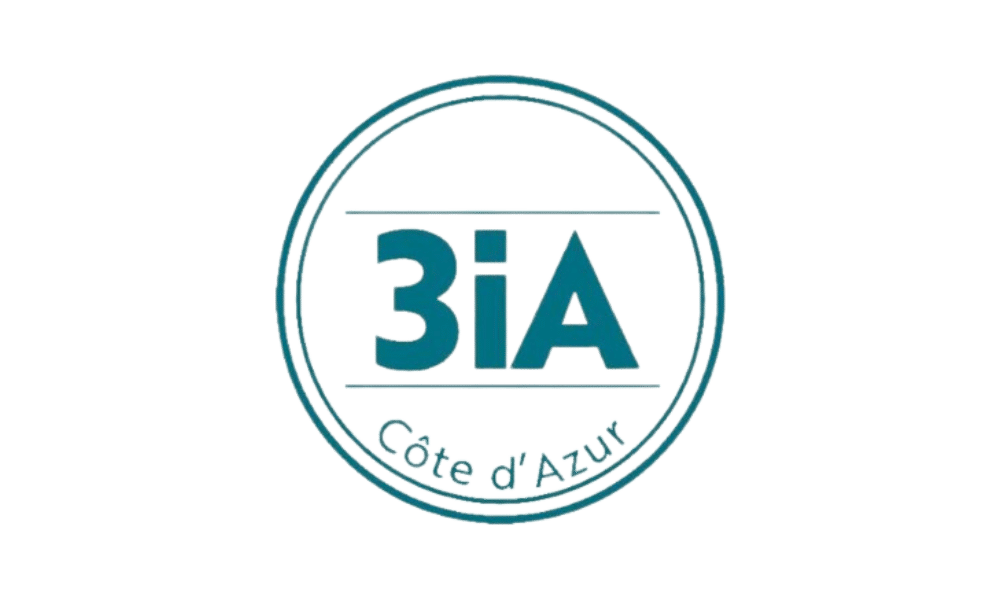
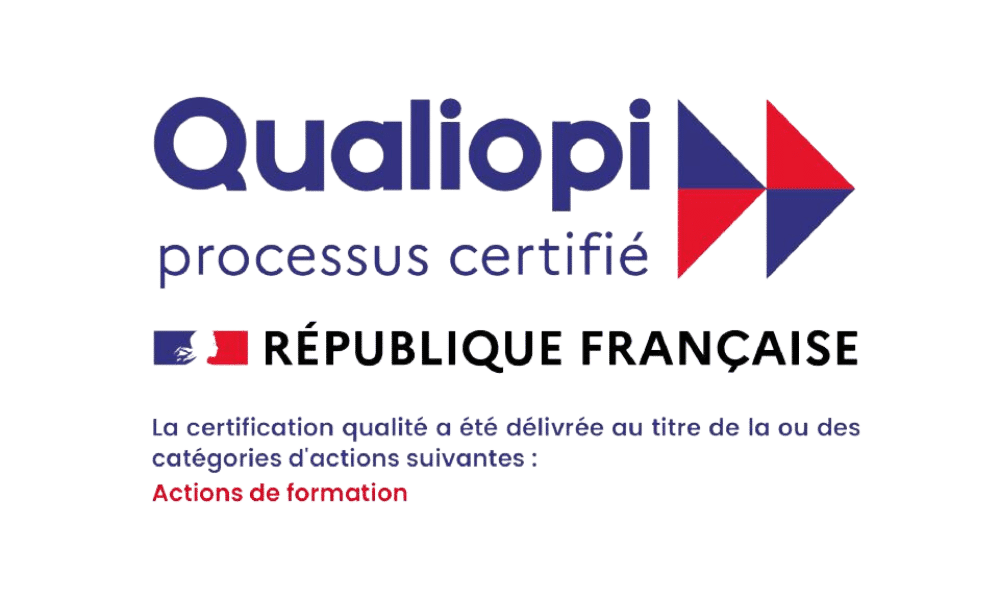
The following are the major objectives of the Applied MSc in Applied Data Analytics programme:
This programme aims to build a strong analytical mindset for clear, science-based decision-making.
Boost your data analyst profile with unique skills in various database technologies.
Gain proficiency in machine learning for predictive analysis, with practical applications.
Gain mastery in leading data software through industry certifications.
Improve understanding of IT Project Management and ethical aspects of big data handling.
The Applied MSc in Data Analytics programme awards 120 ECTS. This includes 500 hours of classes (90 ECTS) with 75 hours of DSTI Warm Up for technical skills and 45 hours of support sessions. Lastly, internships or an apprenticeship (30 ECTS) provide practical data analytics experience.
24-31
Years of average age range
80%
of International Students
5+
Hands-on projects
2
Mandatory International Certifications to graduate
DSTI offers the Applied MSc in Data Analytics in two modes: Initial Education and Continuous Education.

Initial Education’ is designed for students under 30 transitioning from school or university, preparing them to become proficient data professionals. Choose between two options: Full-Time or Part-Time (Apprenticeship).
For beginners in Data Analytics, we suggest the 2-year Full-time mode with options for two data-related internships, the second being mandatory.
The apprenticeship mode combines part-time work and study, open only to EU students or those with a long-term visa in France. Read details before applying.
For professionals typically 30 or older, Continuing Education balances career growth and work commitments. It’s perfect for those with relevant experience or tech education, allowing flexible completion of the Applied MSc in Data Analytics on-campus or online.

In Accelerated Learning, students finish coursework in about 9 months, then undertake a 6-month internship or job in the data field, reducing time to market.
DSTI also provides a ‘Part-time Sandwich’ or ‘Contrat de Professionnalisation’. This option is perfect for those aged 30 and above, French speakers, and individuals who are EU/EEA citizens or long-stay visa holders in France.
DSTI provides warm-up courses for the Applied MSc in Data Analytics, ensuring all students, regardless of background, start with equal understanding of data analysis potential.
A comprehensive module that covers mathematical foundations, big data processing, machine learning, statistical analysis, and semantic web technologies for data analytics.
This course covers the basic notions of applied mathematics required to study optimisation and then data science: calculus, linear algebra and complex numbers.
A course that introduces the fundamentals of descriptive statistics, probability theory, and their applications using R programming language for data analysis.
This course teaches how to import, manipulate, transform, visualise, explore, and model very large datasets in R, with a focus on selecting the best data structures for optimal performance.
A hands-on course that teaches data cleaning and preparation, data structures using pandas and numpy, visualizing data with matplotlib, implementing machine learning algorithms using sci-kit-learn and deep learning with Keras in Python.
A course that covers representing and querying web-rich data using RDF and SPARQL, introducing semantics in data using RDFS and ontologies, and tracing and following data history using VOiD, DCAT, and PROV-O.
A module covering various aspects of database management, including data wrangling with SQL, data warehousing and ETL, building data pipelines, and exploring NoSQL databases such as Neo4j and MongoDB.
A course that covers the fundamentals of relational databases, advanced SQL queries, stored procedures, triggers using T-SQL, dynamic SQL, and their applications with Microsoft SQL Server for data wrangling and manipulation.
A course that covers the design and implementation of a data warehouse, structuring an Extract, Transform, Load process, and their applications using Microsoft SQL Server in stand-alone and cluster deployments.
A course that provides preparation for the Neo4j certification, covers graph-based problem modelling, and implementation with the Neo4j graph database for NoSQL data management.
A course that covers the fundamentals of MongoDB databases, collections, and documents, advanced MongoDB queries and aggregations, MongoDB data architecture, and their applications using MongoDB and Robo3T for NoSQL data management.
A course that covers XML data flow, DTD and schemas, XSL transformations, JSON, and their transformations, and how to build efficient and scalable data pipelines.
A module that covers various aspects of data management and visualisation, including advanced Excel techniques for data analytics and machine learning, CRM data management, data and machine learning visualisation ecosystem, and reporting and visualisation tools.
A course that covers advanced Excel formulas, data visualization techniques, PowerPivot, Solver, and Visual Basic for Application programming, and their applications for data analytics and machine learning.
A course that covers the data visualization and machine learning ecosystem, with a focus on tables and machine learning using SAS Viya.
Global approach to modelling – Design-independent analysis methodology and model – Formal and semi-algorithmic data model design methods
Evaluation: MCQ
A course that covers the preparation for the Analyzing Data with Microsoft BI (PL-300) certification and its applications in reporting and data visualization.
A course that covers the preparation for the Microsoft Power Platform Functional Consultant (PL-200) certification, and its applications in Customer Relationship Management (CRM) data management.
A module that covers IT project management using PMP-PMI and Agile approaches, as well as exploring data laws and regulations, and the philosophies, geopolitics, and ethics involved in data analytics.
The course covers the principles and frameworks of data privacy and security, including EU & USA regulations, GDPR, Safe Harbour & Successors, and the differences between common law and code law.
The course covers the Project Management Body of Knowledge (PMBOK) and Agile methodologies, including Kanban, quality metrics and preparation for PMP-PMI certification.
After each course, students get 1-2 weeks for review, with support sessions available for queries. Professors answer doubts in these sessions, ensuring individual attention from DSTI.
To stay abreast of changes in the data world, students must prepare for four international certifications, two of which are compulsory to complete the Applied MSc in Data Analytics.
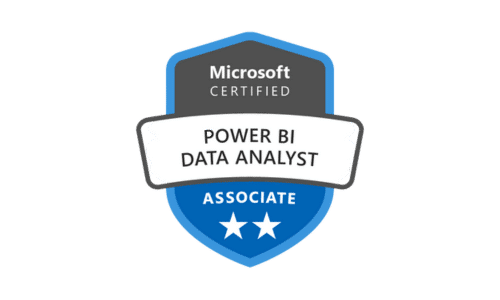

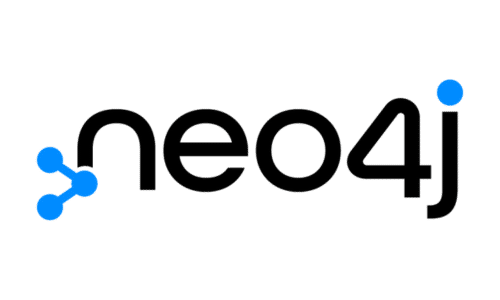
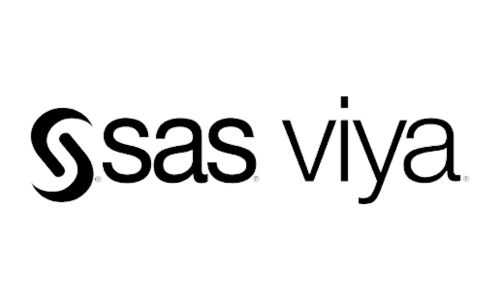
Following are some of the professors who teach Applied MSc in Data Analytics

CEO and Professor
Sebastien Corniglion is the CEO and Founder of Data ScienceTech Institute. He is an accomplished data professional who holds a PhD in Marketing and Information Technology from Université Côte d’Azur.

Professor
Hanna Abi Akl is a notable scientist, author, and researcher in the fields of language, logic, and artificial intelligence. His expertise lies in language structure and symbolic and graph-based knowledge retrieval methods within AI.

Professor
Didier Auroux, a highly accomplished professor in Applied Mathematics, currently holds the role of director for the Master of Science programme in applied mathematics and computer science, specifically designed for financial analysis, at Université Côte d’Azur.

Azure for Education provides students with Microsoft software, developer tools, and cloud resources for learning and projects, including a $100 voucher.
O’Reilly is a platform offering quality content for effective study. It features over 60,000 books, 30,000 hours of video, live events, and interactive labs covering cloud computing, software architecture, programming languages, machine learning, and more.
SAS Viya is a tool for data management, model development and insight deployment. Each student receives a basic license for learning and project completion.
Moodle offers students comprehensive access to their studies: notifications, schedules, courses, exams, live sessions, lecture recordings, and project submissions.
A resource that allows students to ask questions or seek assistance with academic, career, or administrative tasks. Students can also revisit the answers whenever necessary.
All DSTI students enjoy lifelong alumni email access and are given Microsoft Windows and Office 365 licenses.
The Applied MSc in Data Analytics at DSTI prepares students for promising careers in the data-driven world. An impressive 97% of our students receive internship offers within just 6 months. Furthermore, 2 out of 3 students are presented with CDI offers through our Apprenticeships and Contrat Pro programmes.
97%
of Students get an internship offer within 6 months
€ 1000+
average monthly stipend
88%
of students find internships in Europe
€ 45k
average starting salary
€ 1600
average monthly stipend for Apprenticeship
€ 1950
average monthly stipend for Contrat Pro
2/3
students receive CDI offers.
50% +
students sign their contracts through DSTI
The admission procedure at the Data ScienceTech Institute (DSTI) is an inclusive endeavour that provides deserving candidates a fair chance. This outlined admission process applies to all study modes.
To qualify for DSTI’s Applied MSc programmes, applicants must satisfy these conditions:
Applicants should have studied Mathematics at high school level or possess an equivalent qualification.
Candidates must have completed a 3 or 4-year Bachelor degree or equivalent from a recognised university.
DSTI provides three ways for prospective students to demonstrate their academic credentials. Students may only submit one type of academic record from the three options provided. However, submitting evidence of more than one qualification listed below will enhance your chances of admission.
Option 1: Minimum Grades + Bachelor Degree Certificate
For consideration into the Applied MSc programme, candidates must attain at least the following grades or their equivalents: USA – GPA 2.0; Germany – 3.5; France – 12; UK – 2:2 (2nd Class Lower Division); India – CGPA 6.5 or Upper second class; China – 67%.
Option 2: standard admission test + Bachelor Degree Certificate
To uphold application quality, we value scores from standardised tests. For the GRE, aim for a minimum of 155 in the quantitative section and an average total score close to 300. For the GMAT, target a minimum score of 42, with an average total score approaching 600.
Option 3: Online DSTI Entry Exam + Bachelor Degree Certificate
If the above criteria are unattainable, consider taking the online DSTI Entry Exam from home. All that’s needed is a computer and stable internet access. The exam comprises two sections: Mathematics and IT.
Since all courses are taught in English, students must have a B2 level of proficiency in English. DSTI will assess English proficiency during the Admission Interview.
To boost an application, students may submit their IELTS or TOEFL scores.
Students at DSTI should have a Windows PC laptop, not Apple Mac, with these minimum specs:
At least Intel Core i5 (or AMD equivalent)
Minimum 8GB, but 16GB recommended
Minimum 512GB, 1TB recommended.
SSD preferred, but a dual-drive system with 128GB/256GB SSD + 512GB or 1TB magnetic drive is a good alternative.
If only magnetic, it must be at least 7200rpm, not 5400rpm.
NVIDIA preferred, but not essential.
Any Windows version.
DSTI will provide a Windows 10 Professional key when classes start.
Don’t purchase MS Office 365; DSTI will provide a license key when classes start.
The admission process of the Data ScienceTech Institute (DSTI) is a comprehensive exercise that offers an opportunity to all deserving candidates.
To start your application, browse our various Applied MSc programmes to find your perfect match. Schedule an online meeting with our team for guidance and to check each programme’s tuition fees.
The application is done online, and we assess your suitability. You’ll need to upload standard documents: ID, CV, and a cover letter.
After initial application assessment, DSTI will invite applicants for further processing. Applicants should provide documents specified in either Option 1 or 2. If these are unavailable, Option 3 may be chosen.
Option 1: Transcripts and Degree Certificate
Option 2: Standardised Tests and Degree Certificate
Option 3: DSTI Online Entrance Exam and Degree Certificate
If your application advances, we’ll invite you for a 20-minute admission interview to confirm your interest, course suitability and English fluency.
Upon acceptance, you’ll receive an official admission decision via email.
DSTI – School of Engineering
Private Higher Education Institution
As a front-runner in data and AI in France, DSTI offers an Applied Bachelor at RNCP 6. Our Applied MSc hold RNCP 7 accreditation. Further, DSTI is recognised under the 3IA Cote d’Azur Label for extensive AI content and proudly possesses Qualiopi RNQ certification, affirming quality of processes.



The Data ScienceTech Institute (DSTI) has formed strategic partnerships and affiliations with a number of key organisations, including the likes of AWS, SAS, Microsoft, Arts et Métiers, and 3IA Côte d’Azur. These partnerships are vital because they help keep our syllabus current and our resources updated. With these partners, we are better equipped to support our students as they advance their careers in data.
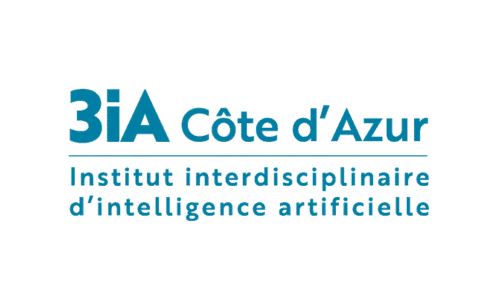

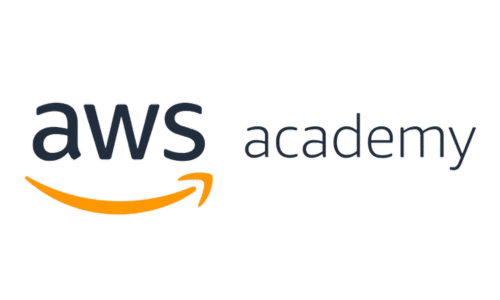
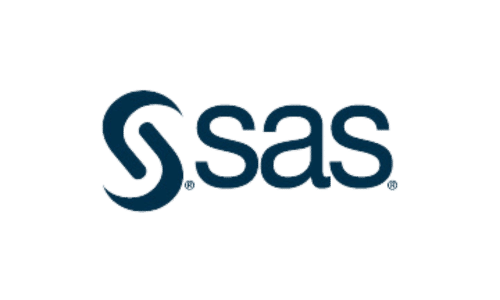

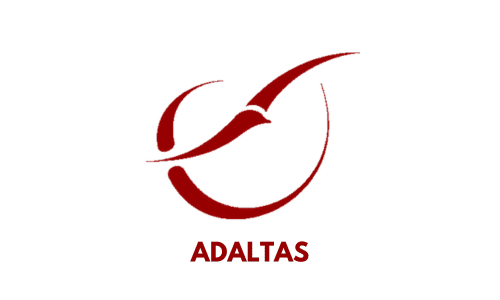
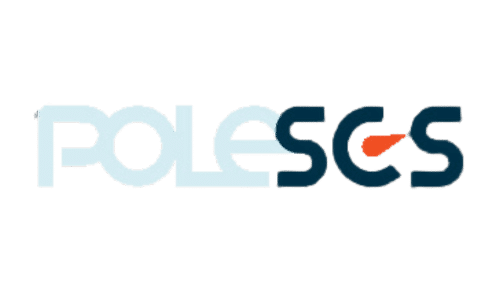
950 Route des Colles
Les Templiers
06410 Biot (Sophia Antipolis)
Alpes-Maritimes, France
4 Rue de la Collégiale
75005 Paris
Île-de-France, France
+33 (0) 489 412 944
© 2024 All Rights Reserved.
At DSTI, we provide one-on-one online meetings with prospective students. Here we answer all their questions regarding our Applied Bachelors and Applied MSc courses.
At DSTI, we organize online group meetings where we share valuable information about our selection of Applied Bachelors and Applied MSc courses in data and AI.
DSTI organizes online group meetings to provide information about our range of Applied Bachelor and Applied MSc programs in data and AI.
Every Wednesday from 2PM to 6PM CEST, DSTI’s Paris Campus hosts an open day for all, no appointment necessary. Inquiries regarding admission, courses or other related topics are welcomed. We are delighted to provide answers to your questions.
Fees are valid for the Autumn 24 and Spring 25 intake. | Applied MSc in Data Analytics | Applied MSc in Data Engineering for Artificial Intelligence | Applied MSc in Data Science & Artificial Intelligence |
Total Tuition Fees | € 18,700 | € 18,700 | € 18,700 |
Yearly Tuition Fees | € 9,350 | € 9,350 | € 9,350 |
*No tuition fees for the students in apprenticeship mode.

Want a career in data and AI? Download the DSTI’s Applied MSc in Data Analytics Curriculum to find out how!
On our Open Days, know more about